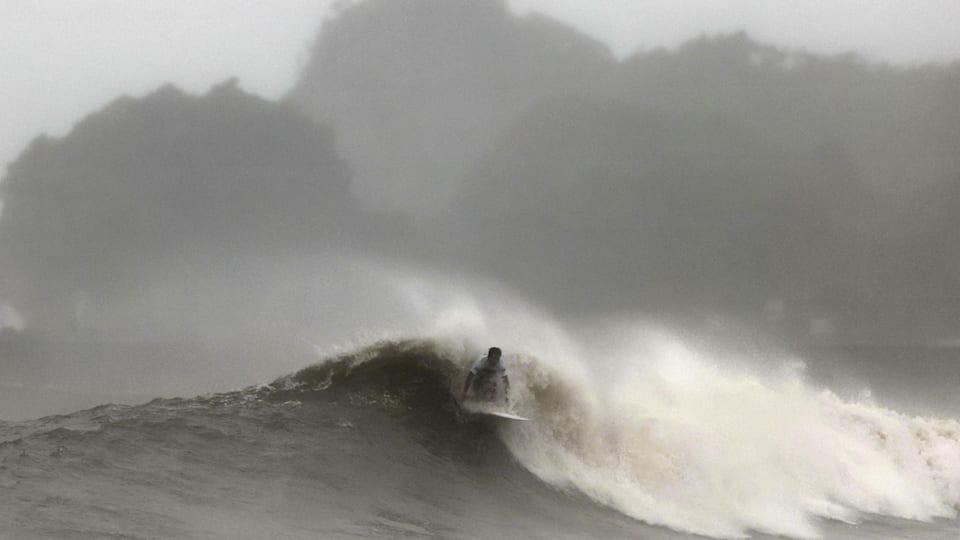How are competition schedules changed during the Olympic Games?
Every aspect of the Olympic Games is carefully planned well in advance, but last-minute changes are inevitable - and sometimes the changes involve competition schedules.

As a principle, competition events will not be moved ahead of their scheduled start time, but there may be occasions where this is deemed appropriate if there is a risk of unsafe or unfair competition. These issues are most often due to the weather impacting the outdoor sports.
There are five types of possible changes to the competition schedule, to be managed by the Organising Committee together with the respective International Federation (IF) and the other relevant stakeholders. There could be a delay, interruption, postponement, anticipation or cancellation. A delay or interruption that allows the competition to be held within the same session would be managed at venue level, by the venue broadcast manager, sport manager, venue general manager, IF and on-venue results manager.
For example, during Tokyo 2020, a men’s volleyball match lasted longer than initially planned, which meant that the subsequent match started with a delay. Another example was the women’s triathlon, which started 15 minutes later than scheduled due to heavy rain before the start of competition.
Postponement or anticipation means that the session cannot start as originally planned and has to be included in a different session within the respective sport’s schedule. This can mean moving a session later (postponement) or bringing it forward (anticipation).
To keep all the relevant stakeholders informed, there is a well-established process to manage changes to the competition schedule. This is followed to ensure that all the services and logistics are planned for the athletes, workforce, broadcasters and, usually, spectators. The responsible body is a Competition Schedule Change Committee (CSCC), composed of executive decision-makers from the Organising Committee, IF, International Olympic Committee (IOC) and Olympic Broadcasting Services (OBS). The Organising Committee and the IOC can quickly activate a CSCC meeting when major changes are necessary.
Requests for changes would generally come from the teams at the venues, after consultation between the Organising Committee and the IF concerned, to ensure that the sports competition is delivered in the fairest and safest conditions.
“We’re always ready for it,” said Kit McConnell, who leads the CSCCs in his role as IOC Sports Director. “IFs, OBS and Tokyo 2020 Sports teams are experienced at managing changes, and therefore as a team we can move quickly to address any required changes, putting the athletes first.”
Following a CSCC decision, the information is disseminated as quickly as possible to ensure that the stakeholders can adjust their plans, and any changes to schedules are announced on the Tokyo 2020 website.
The first Tokyo 2020 CSCC meetings were called to adapt to weather forecasts of high winds and rain.
Rowing and surfing events were brought forward because of the predicted weather conditions, while some archery competitions were delayed or postponed for the same reason.
In a typical summer edition of the Olympic Games, there are fewer than 10 CSCC meetings for the 339 events. But they are much more common during the Olympic Winter Games, when the weather can impact the majority of the sports. There were only four CSCC meetings at the Olympic Games Rio 2016, for example. As McConnell said: “It’s a pretty rare thing.”